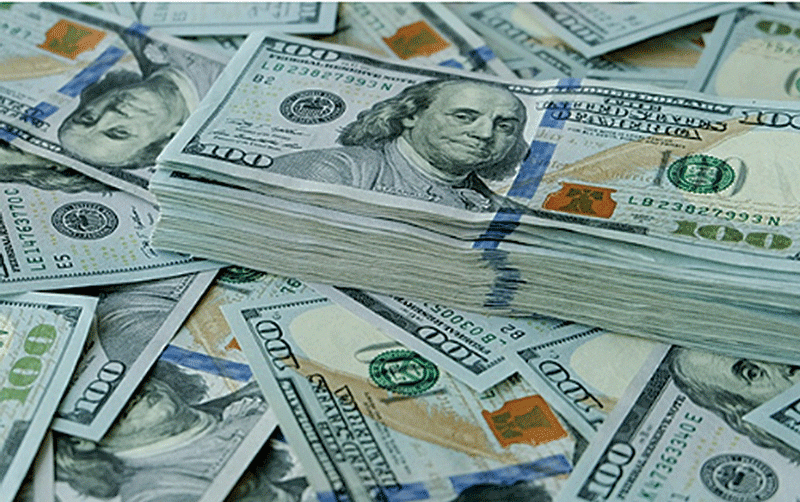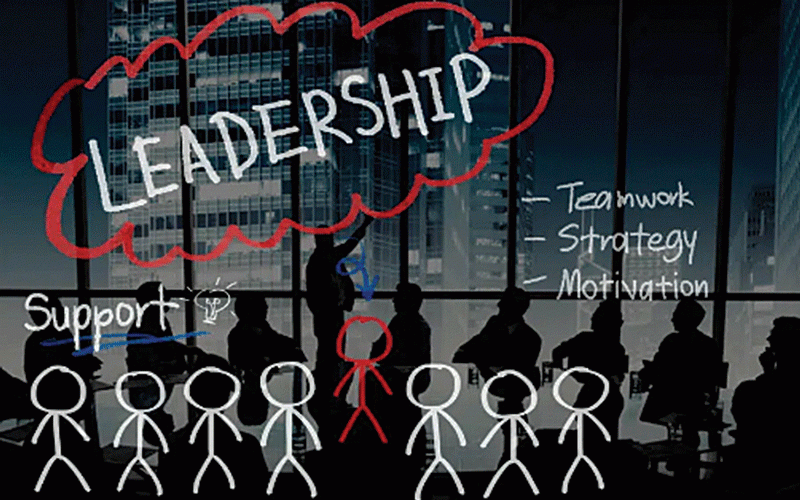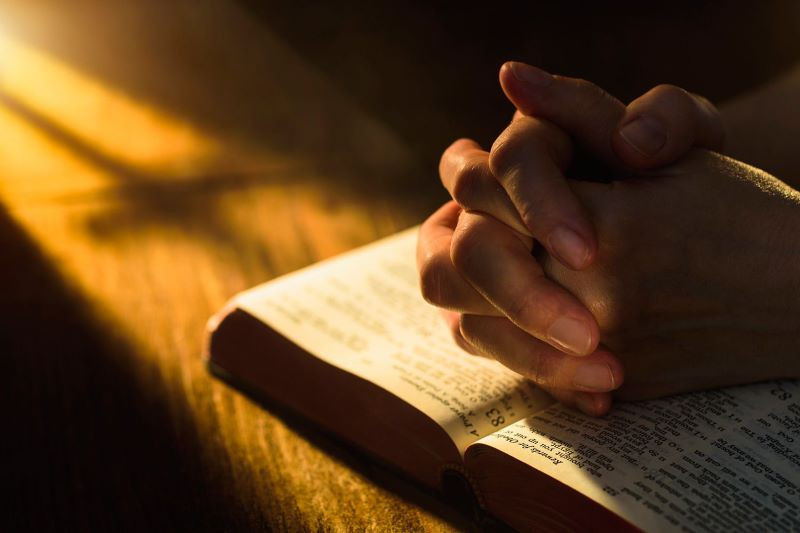
By Cedric Steele
THE Movement for Democratic Change (MDC) was founded in 1999 as an opposition party from members of a broad coalition of civic society groups and individuals that campaigned for a “no” vote in the 2000 constitutional referendum. A major player in this quest was the Zimbabwe Congress of Trade Unions (ZCTU) which, incidentally, was formed by Zanu PF just after independence to spearhead workers’ rights at a time when most employers were white and the workforce black.
The Constitution that was in place at the time was what came out of the Lancaster House Agreement of 1979, which had served the country for nearly 20 years. It was widely felt, correctly, that this Constitution was skewed heavily towards preserving the privileged status of the minority white population. Unfortunately, as is usually the case, the newly proposed Constitution was a mix of good and bad, with the ruling party trying to squeeze in things that would help it to consolidate power, being mainly the bad. On top of this, you had a hugely unpopular government that was failing to deliver on the aspirations of its citizens.
In short, it was the perfect time to test the strength of the ruling party which had never really been politically challenged nationally, against a coordinated opposition that was organised, resourced and could capitalise on the ill feelings in the country towards the government. The result of the referendum was that the State-backed new Constitution was resoundingly defeated by the “no” vote.
This came as a huge shock to the Zanu PF government because up to that point they had never polled second on a national level.
This victory to the opposition coalition was also an indication that the ruling party that had enjoyed uninterrupted power for the previous 20 years was beatable under the right circumstances.
The main protagonist of the opposition coalition was Morgan Tsvangirai, who was secretary-general of the ZCTU, which had been critical of government for some time due to its drift towards authoritarianism and increasing levels of corruption. It was, therefore, the next logical step to form an opposition political party and this was done in September 1999.
For democracy to truly work in the political arena, there must be space for differing views, freedom of speech and association and a level-playing field when it comes to campaigning and elections.
- Chamisa under fire over US$120K donation
- Mavhunga puts DeMbare into Chibuku quarterfinals
- Pension funds bet on Cabora Bassa oilfields
- Councils defy govt fire tender directive
Keep Reading
When you have a ruling party that had enjoyed a de facto one-party rule for 20 years, it came as a rude awakening that there was a new challenger on the block. Voters had real choice based on political ideology, not just tribal origins. Politicians and political parties could be judged on their ideas and policies instead of tired empty political slogans. The birth of the MDC injected an excitement and expectation into politics that had been missing for at least 15 years and now after the victory of the “no vote” in the February 2000 constitutional referendum. The June 24-25, 2000 parliamentary elections delivered a sucker punch for Zanu PF as it won 62 seats against MDC’s 57.
Love him or loath him, as leader of the newly-formed MDC, Tsvangirai was the right man at the right time for the task of being the figurehead of the opposition movement. He was already a national figure, albeit somewhat subdued, due to his trade union activities.
It can also be said that he was a favourite of the white minority as he supported their opposition to the burning land reform programme whereby land would be returned to the black majority without compensation to the white land owners.
What he had to endure in the years to come was the typical nightmare scenario that is served up to anyone and any party that dares to challenge a ruthless autocratic regime anywhere in the world. The beatings, abductions and killings that members of the MDC experienced was, ironically, reminiscent of the tactics employed by the former rogue, racist minority Rhodesian regime. I don’t think there is anyone out there who would question his bravery as leader of the MDC.
The problem with the MDC, before and after the 2005 split, was their failure to keep their eyes on the prize. Although opposition politics is a messy business at the best of times, especially when one is faced with a ruthless, intransigent foe that enjoys all the vestiges of State power, you have to be focused. Blind ambition within the upper echelons of the party coupled with a leader who wasn’t known to be sympathetic to alternative views to his own, was a recipe for disaster within its ranks.
One may never know exactly if it was the defeat that the MDC handed down to Zanu PF in the 2000 referendum and parliamentary elections that year that gave them the false sense of confidence and cause them to take their eye off the ball.
They failed to learn the lessons from Zambian opposition party the Movement for Multiparty Democracy (MMD), which also had its roots in the trade unions movement. The MMD successfully defeated the ruling UNIP party at the first attempt during the country’s first multi-party election in 1991 after 27 years in power, 19 of them being a one-party State. The MMD was able to galvanise a popular front with the vast majority of those opposed to extending the then President Kenneth Kaunda’s rule.
It is not easy being a leader but if you are the leader, not only do you have to lead in such a way that inspires people and promotes trust and fairness in your followers, you have to also be able to keep the vast majority of your caucus together. Failure to do this will more than likely keep you away from attaining real power.
One huge mistake by the MDC under Tsvangirai was the assumption that they could win elections without electoral reforms. Had the party dedicated more time and effort in levelling the playing field on this one issue, it could have had a huge and lasting effect on elections in this country going forward. Even if the opposition did actually win the popular vote, it would never be declared the winner because the ruling party controls the process whereby announcements are made, instead of an independent electoral commission. So if you lose, you lose and if you win, it will be announced that you have lost.
Another problem opposition parties have when challenging an ideologically-entrenched ruling party is that after years of political fighting and brinkmanship, the opposition party starts to resemble the ruling party. One of the greatest failures of Zanu PF was and still is the inability to adopt a sensible policy for leadership succession in a timely manner.
All too often on this continent leaders have selfishly died in office, often throwing their parties and the country into complete disarray. In the case of Zanu PF, this problem nearly tore the party apart, consuming it with endless internal fights and intrigue.
Indeed, it was the late former President Robert Mugabe’s unwillingness to solve this issue in an open and democratic manner but instead adopted Machiavellian tactics to clandestinely insert his wife as his anointed heir. This of course led to his ouster by the military and the instalment of President Emmerson Mnangagwa.
Unfortunately, Tsvangirai and the MDC seem to have learnt nothing from the disaster that was consuming the ruling party for the better part of five years. There was a constitution in place whereby vice-president Thokozani Khupe would assume office if anything should happen to the leader of the party. However, at the insistence of Tsvangirai, in 2016 two more vice-presidents were co-opted, namely Elias Mudzuri and Nelson Chamisa in what appears to have been a wholly ultra vires manoeuvre, throwing the matter of succession into complete disarray. Tragically on February 14 2018, Tsvangirai died of colon cancer. At the time of his death he was still president of his faction of the MDC-T.
Whether politicians like it or not politics is not much more than a popularity pageant with candidates trying to garner as many votes as possible during an election based more often than not on likeability, sympathy and trust, just as much if not more so than on policies.
Had Tsvangirai and the MDC executive convened an extraordinary convention upon learning of his unfortunate but serious illness, for the sole purpose of democratically electing a new leader, Zimbabweans and the rest of the world would have taken note, especially while witnessing the utter chaos that had consumed the ruling party over the same issue. The fact is the MDC had morphed into Zanu PF and Tsvangirai had become his nemesis, Mugabe.
This was a hugely wasted opportunity that the party has still not recovered from. But MDCs were not done yet.
The issue of who was now leader was completely up in the air because of the irregularities concerning ad hoc appointments at the highest level of the party structures. Even at this stage all was not lost.











